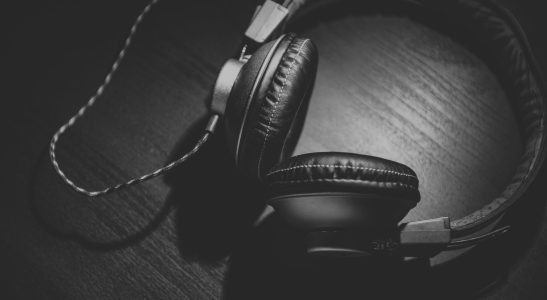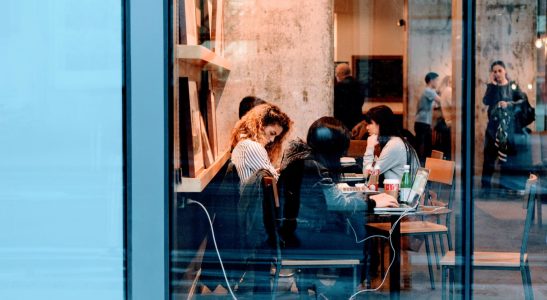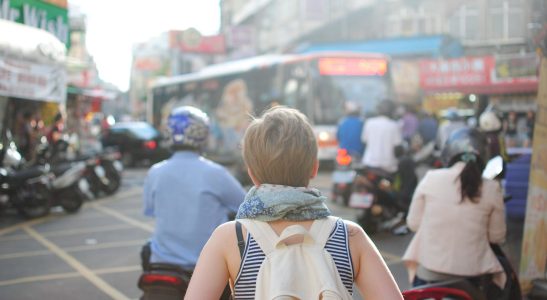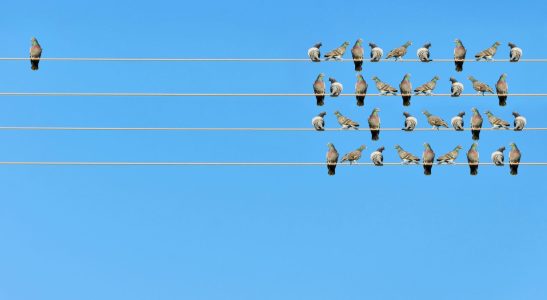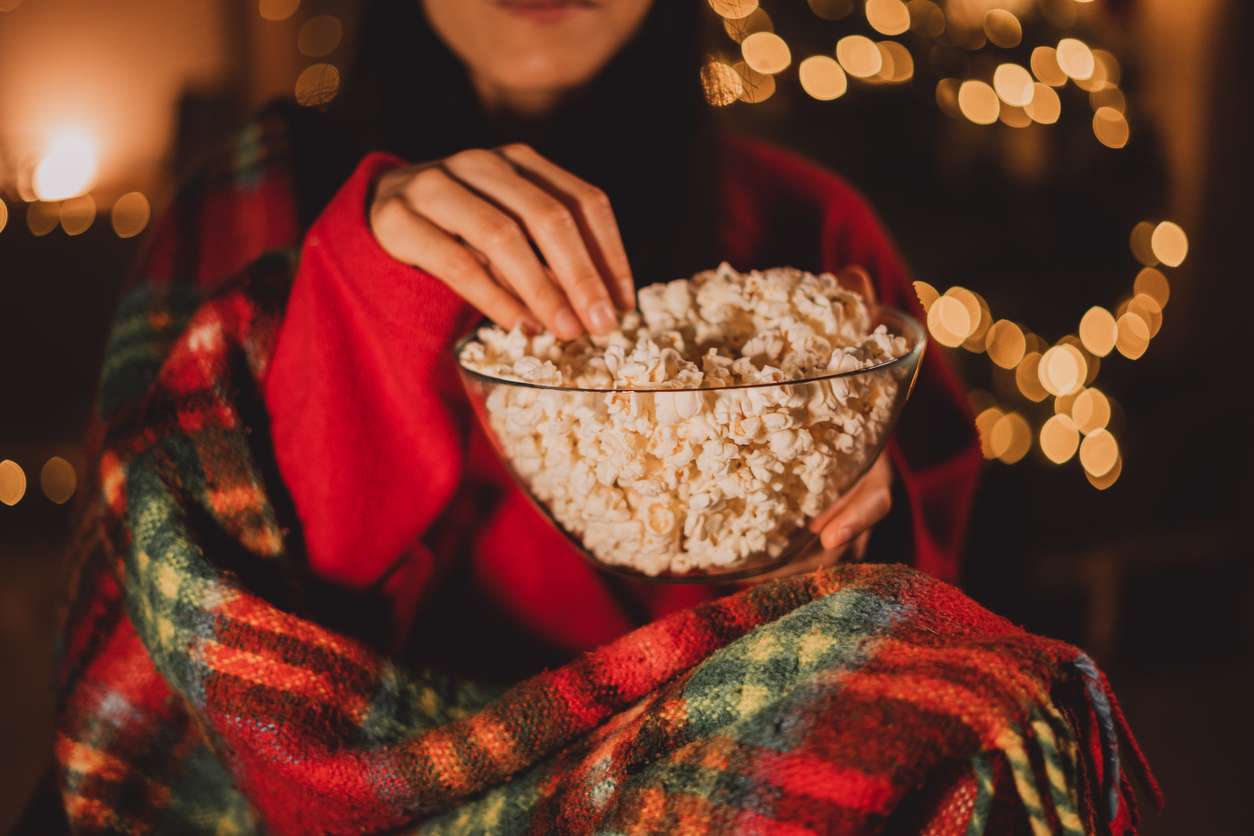Feeling Connected And Strengthening Our Social Connection With Others
Wellness | 31st October 2020 by Simone Garland
Connections bring life. We can see it within nature, where their roots connect trees, waves connect to the moon, and bees need a connection to flowers. Each connection allows both the source and the resource to thrive. As humans, we are also designed to thrive too, given the right connection. With us, there is a complexity to feeling connected as we think and feel to an advanced level and so alongside physical connection, we also need psychological connection. I like to break these into there core elements; physical, emotional and social.

So, what do these connections do for us, and how can we strengthen them?
The three core elements all interweave with each other. Often we may feel that we need only one of them, but when seeking it out, we also overlap into the others. For instance, we might seek a reassuring hug from a best friend when anxious or stressed. Seeking that physical action will also strengthen your emotional connection to them and serves as a social connection.
Of the three – physical, emotional and social, it might just be, that the physical is perceived to be the most important. Although related, each taken on their own do some very specific things. We were never intended to be isolated creatures. Humankind has always flourished in packs, later to be tribes and now we see them as forming communities; towns and cities. Even within our Solo Living Community, many of us (not all!) may choose to live solo or nomadic lifestyles; yet still, we come together to offer friendship, support, and informal advice to those who may want it.
Not having a strong sense of connection of one, some, or all of these areas can lead to feelings of loneliness. However, not a mental health condition, prolonged feelings of loneliness can bring on negative thinking patterns that can after time lead to common mental health conditions such as depression or anxiety. Loneliness should not be assumed to be the physical act of people apart from other people. Some of the loneliest people are surrounded by others every day, but they just don’t feel connected!
As we enter into this strange time dubbed ‘the new normal’ what can we do to strengthen our sense of connection?
Physical Connections
Physically connection comes, of course, in the form of literal contact. A couple holding hands, friends hugging each other when saying hello, the supportive arm around your shoulder when life is overwhelming. Or, the more intimate physical contact for which almost all of us have natural impulses. Physical touch has a powerful way of making us feel connected to each other.
Think about that ex, who no matter how much you try to despise. If you bump into them, and they accidentally touch your arm, it sparks off fireworks in your stomach. The Guardian reported on the importance of physical contact with our people, with the writer reflecting her most anxious times or when prone to illness happened when she wasn’t in meaningful contact with someone.
What can we do?
Out of the three, a physical connection might be the most difficult to strengthen, especially due to the current circumstances around social distancing. However, this being said, physically seeing someone in person can allow you to feel a lot more connected than seeing someone on a screen. Make the most of being able to visit if restrictions allow or go for walks with the people most important to you; keeping in mind that you’ll be able to give them a hug (…or more) sometime in the future.
Emotional Connection
Usually reserved for intimate relationships, an emotional connection is feeling like someone truly understands you, and it can produce some powerful relationships between people. It also helps us to feel comfortable being our authentic self, instead of putting a version of ourselves out that we feel people want to know. Not all emotional connection has to be this deep, but feeling like your thoughts and feelings are valued can generally improve self-esteem and confidence.
What can we do?
It’s easy to feel emotionally drained, especially when you don’t feel connected in meaningful ways. Sometimes it’s difficult to know if you’re overwhelming someone with your own emotional needs. Likewise, you might not be in the headspace to support someone else’s emotional needs. This is where honest and frank conversations can’t be beaten. Reach out to those who you feel emotionally connected to, but be respectful if they’re not able to be as supportive as usual.
There are many ways to connect with someone outside of a phone call; write them a handwritten letter, send them a ‘pamper pack’ or gift to show you’re thinking of them or even go old school and create them a playlist.
Social Connection
Social connection is the most elusive of the three, and I would say the most unique to the person. This isn’t because of a lack of importance. Some say that social connections are a core psychological need. As I mentioned before, we thrive in packs, but what’s changed over time is that we no longer have one pack to belong to. Feeling like a valued part of a group and that you have a role to play within it has become exacerbated.
We now have to find our role within families, extended families, within our jobs and friendships circles too. The pressure society has placed on having social connections can sometimes do more damage than good. You can understand why many people living alone enjoy solitude. Regardless, at its most primitive feeling socially connected can make you feel part of something, provide you with a meaningful activity that improves your wellbeing and helps you connect with people you enjoy being around.
What can we do?
Although pandemic life is changing, there is still an air of trepidation around what we should or shouldn’t do, with who or when, at the moment. In its simplest form, if you’re not comfortable meeting up with people; don’t. But equally, avoiding it may ultimately feed anxiety and make it harder to engage in socialising again. Start small. Perhaps meet with one or two close friends as often as you’re all comfortable with. Make sure everyone agrees to a plan and don’t feel pressured to jump back straight into a busy social life.
Over the last year, we may have felt that we’re losing our sense of feeling connected; it’s essential to know that you’re not alone. Many of us are coming to terms with the new limitations on travel or doing things that before made us feel part of something. All these things are still there; we just need to figure out a new way to connect with them.
Share this post:
Hear from Solo Living now and then by signing up to our mailing list

